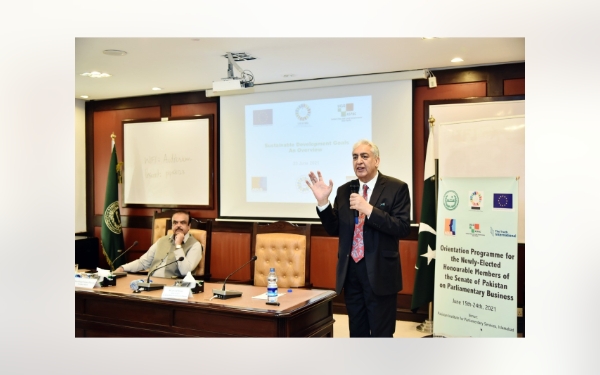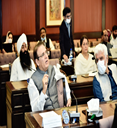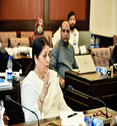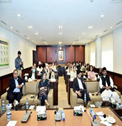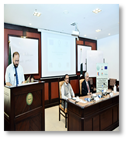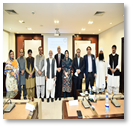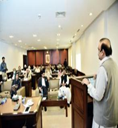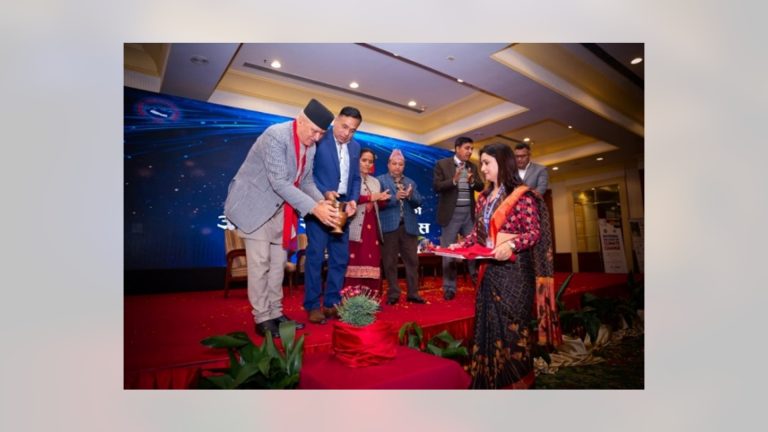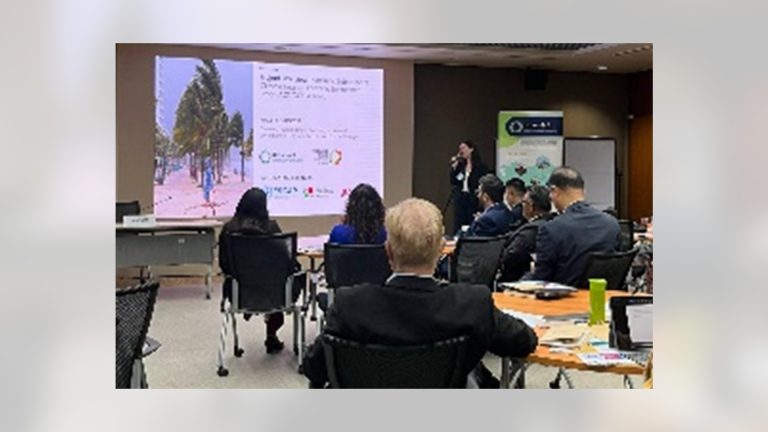23 June 2021 | ISLAMABAD – UCLG ASPAC LEAD for Sustainable Development Goals (SDGs) programme in Pakistan conducted an orientation session with 29 newly elected senators on “Government of Pakistan’s Commitment to 2030 Agenda and Potential Role of Senate in Localisation of SDGs” at Pakistan Institute of Parliamentary Services (PIPs). This took form in capacity building activity which equips them to effectively institutionalise the 2030 Agenda and mainstream the various goals into the legislative process. UCLG ASPAC’s LEAD for SDGs programme plan also includes working closely with the PIPS who aims at improving the knowledge and information of Parliamentarians on SDGs to create awareness and support informed planning and implementation of SDGs.
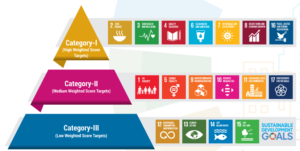
Orientation Session in a Six-Day Training Workshop
The Senators were trained on different topics such as the Constitution of the Islamic Republic of Pakistan, rules of procedures and role of the Parliamentarians and different areas of parliamentary business and oversight including legislative business, rules and regulations of Senate, post-legislative scrutiny, parliamentary oversight tools, composition, functions and powers of Senate’s Standing Committees etc. During this six-day training workshop, one day was dedicated to the orientation of these newly elected senators on SDGs by LEAD for SDGs Programme Team in Pakistan. Pakistan has adopted SDGs as National Development Agenda through National Assembly Resolution in 2016. Afterwards, it mainstreamed SDGs in national policies and strategies, provincial growth strategies and national long-term development perspective. Pakistan approved National SDGs Framework in 2018 and established National and Provincial Parliamentary Taskforces on SDGs and SDG Support Units in collaboration with UNDP at national and provincial levels for vertical and horizontal coordination among stakeholders. The National Framework categorised 17 global goals into three categories based on seven criteria including level of urgency, low resource requirement, relevance etc.
While highlighting the significance of SDGs localisation, there have been some constraints towards the localisation of SDGs in Pakistan, including lack of awareness and ownership of SDGs, insufficient resources, limited powers under LG Acts, uncredible data on SDGs, low participation of LGs in reporting SDGs, lack of coordination between various stakeholders.
This is how the LEAD for SDGs Programme steps in to provide technical support to the Federal, Provincial and LG institutions in the localisation of SDGs in the country. The LEAD for SDGs Team briefly introduced the LEAD programme which is funded by the EU and implemented by UCLG ASPAC. The potential role of the Senate in the implementation of SDGs via legislation, oversight and monitoring through post-legislative scrutiny was also discussed.
The major takeaway of the session was the opportunity to create a dedicated support group/committee within the Senate to lobby for the localisation of SDGs. This group should have membership from across four provinces and major political parties. In this regard, the Terms of Reference for Committee will be developed to progressively achieve the implementation of SDGs at the federal, provincial and local levels. It was agreed that the LEAD for SDGs Programme will continue collaboration with the senate and hold a few more sessions with the senators in near future.








